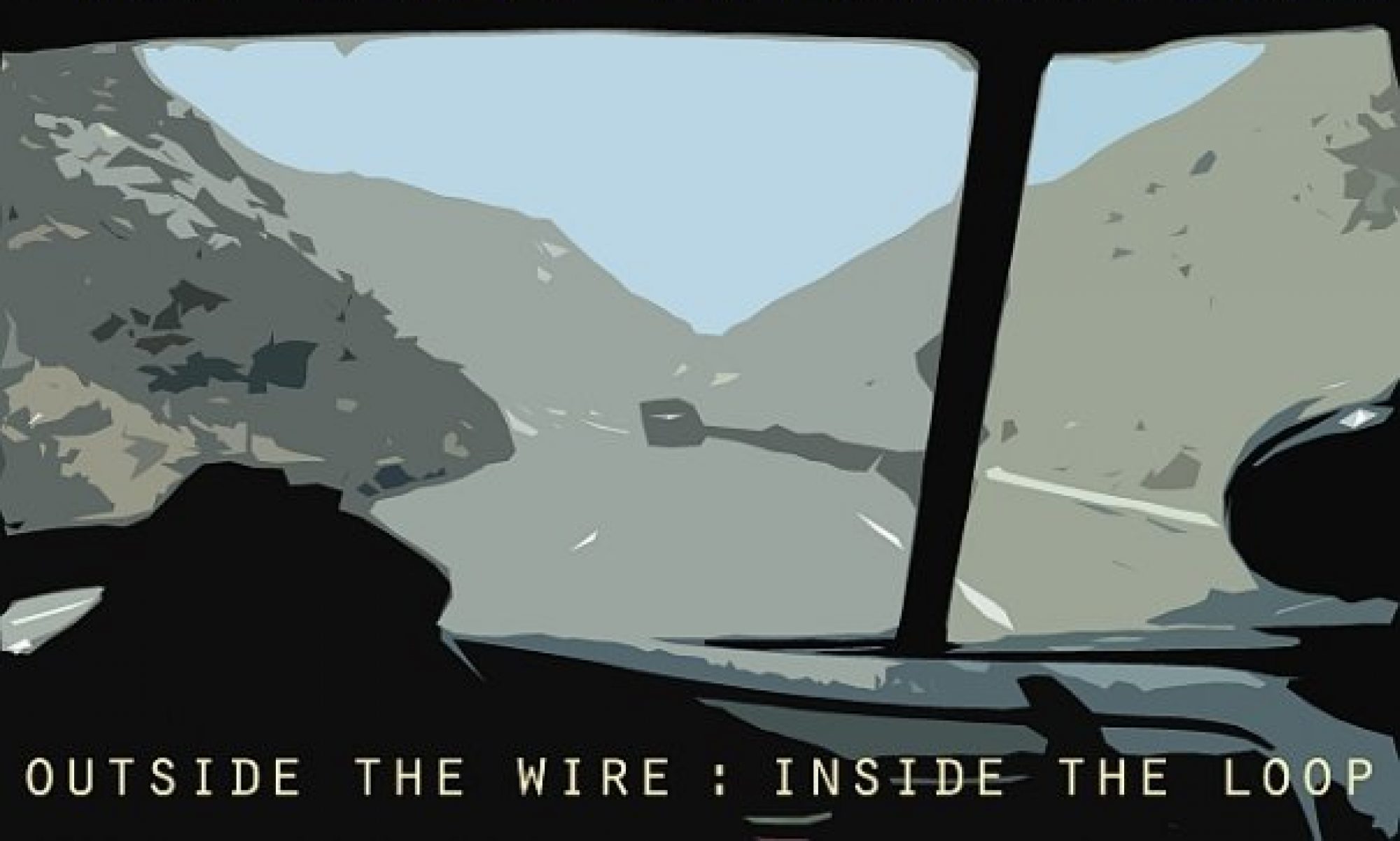General John Allen, USMC (ret), president of the Brookings Institution, lashed out at the New York Times for publishing an Op-Ed by Sirajuddin Haqqani. His article, Sirajuddin Haqqani, Terrorist, was an unfortunate response that reinforces a growing narrative regarding incompetence of the elite, ruling class.
The most glaring mistake in General Allen’s attack on the New York Times was repeating the thoroughly debunked “very fine people on both sides” hoax. The legacy media spread that hoax even though President Trump was talking about people protesting the removal of Confederate battle monuments. He specifically condemned the white supremacists if you listen to the whole quote. General Allen is the direct descendant of a Confederate Cavalry officer (I forget his name, but remember he fought at Culpepper), for which he is justifiably proud. I suspect he, too, was not happy about the removal of Confederate battle monuments. I know General Allen, my boss at the Marine Corps Infantry Officer Course, and I admire him greatly, so it is disturbing to see him trafficking in hoaxes.
Worse was his endorsement of Forever War by implying we should renege on our Peace Agreement with the Taliban. This is his discussion of the Haqqani group:
This organization was and continues to be a central component of the Taliban, a major connecting file into al-Qaida, and a darling of Pakistan’s ISI. The Haqqanis, the Taliban, and al-Qaida endorse a radical interpretation of sharia that deprives women of any meaningful rights, to include the right to an education, and the freedom to pursue their own wants and interests, such as, for example, the legal profession. Countless lives were lost – and many, many more were wounded and otherwise terrorized – at the hands of this group and its peer terrorist entities, and had they not been formally designated a Foreign Terrorist Organization by the U.S. State Department’s Bureau of Counterterrorism, we would have had little means to diminish their influence and stop their violent activities. And at the very center of this violence was Sirajuddin Haqqani, operational commander of the Haqqani network as well as the #2 of the Taliban.
All of that is true and every bit of it irrelevant if we intend to sign a peace deal with the Taliban. It is none of our business if the Afghans decide to reconcile with Taliban leaders, including Sirajuddin Haqqani. Haqqani is an evil man, and so is Gulbaddin Hekmatyar, who reconciled years ago and ran in the recent presidential election. The notorious warlord General Abdul Rashid Dostum, who has been a member of the Kabul government when he wasn’t in exile dodging human rights tribunals, is an evil man. He was nominally on our side, so he’s a good, evil man, but to the Afghans, he’s little better than Haqqani.
What the Afghans do to reconcile the rift in their civil society is their business. If they want to reconcile with and guarantee the freedom of warlords like Haqqani, it is their right to do so. There are reasons to doubt the Taliban’s commitment to a more inclusive civil process, but it is no longer our concern.
Acknowledging the reality on the ground is essential. The Taliban cannot win militarily, and the same holds true for the central government. Given that context, it is time to let the Afghans work this out for themselves.


